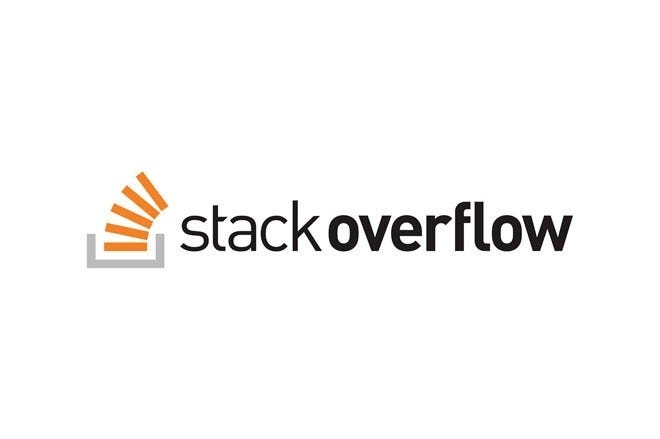How Stack Overflow achieved product growth by treating different people differently
If you are a programmer, you've visited Stack Overflow. It's a profitable company with more than 500 employees, dealing with millions of visits a week. If you have a question, it's probably already been answered on one of their forums,
Stack Overflow saves programmers time and effort, and it's also a passion project for thousands of volunteers who contribute content.
How did its founder Joel Spolsky make better happen?
In the early days of the 2000s, There was a programming forum called Expert Exchange. Their model was simple and obvious: They hosted answers to common programming questions, and you had to pay to read them. A subscription cost three hundred dollars per year.
In order to build the business, they came at it from a place of scarcity. The questions were free to read, but the answers cost money.
To get traffic, they tricked the primitive Google robots that search the web by showing them the answers (which got them good search engine traffic), but when people showed up they scrambled the information, hiding the answers until people subscribed.
Expert Exchange created profit via frustration.
Joel worked with his cofounder, programmer Jeff Atwood, to come up with a different approach: make the questions visible, make the answers visible, and pay for the whole thing with a job advertising. After all, what better place to find great programmers than a website where great programmers come to ask questions and give answers?
Along the way, Joel discovered that creating a better product meant treating different people differently, telling stories to each constituency that matched its worldview and needs.
For programmers in a hurry, he made it easy to find a question and the best answer for it. The answers are ranked by quality, so programmers don't waste time.
He realized that for every person who answered a question, a thousand people wanted an answer. Instead of trying to frustrate questioners, he got out of their way and gave them what they needed.
But the answerers were different. For them, he built a community, a ranking system, and a series of levels that would enable them to build a reputation and be rewarded with power over the community.
And job board posters were different as well. They wanted a fast, efficient, self-service method to find the best people. No hard sell, no distractions.
Joel didn't want to put his personal stamp on a personal site. He set out to be of service, to make things more efficient, and to tell people a story that they wanted and needed to hear.
He built something better, and he let the core audience not only spread the word but do the thing that an outsider might have thought of as work.



